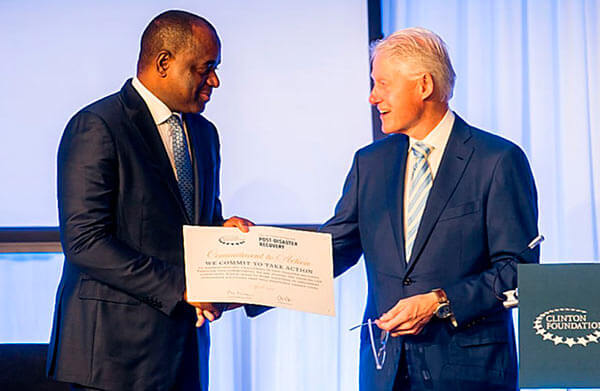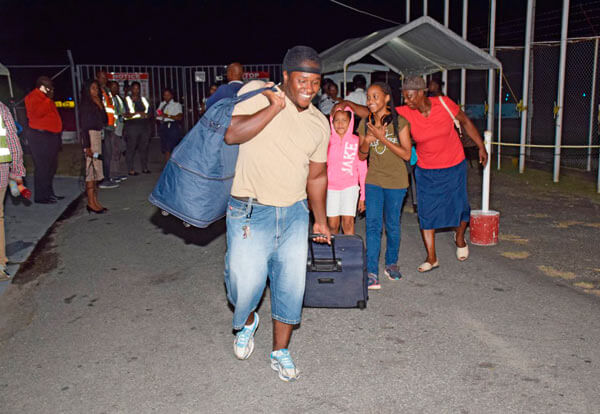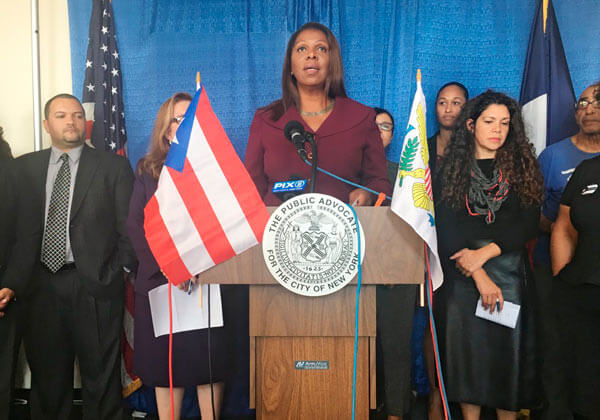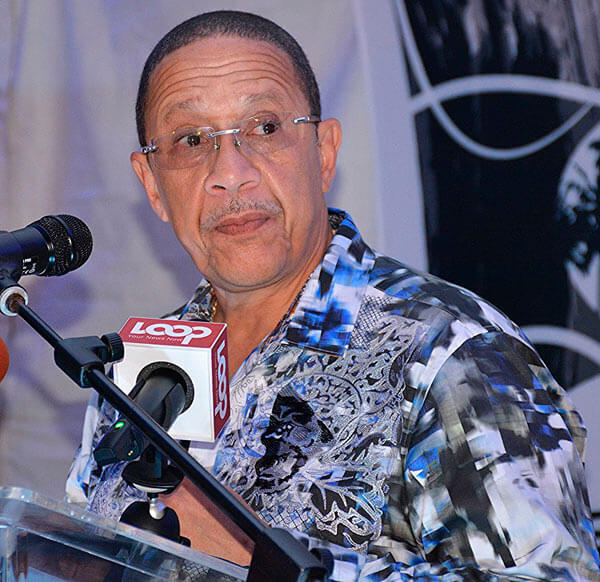Over six months since Hurricanes Irma and Maria devastated some Caribbean islands, former United States President Bill Clinton has brought his foundation to Miami, proposing to “build back better” parts of the region, according to the University of Miami (UM).
The UM said on Thursday that a cross-section of 350 representatives from government, private sector, nonprofit and civil organizations gathered at the university on Tuesday to explore partnerships to “build back a better” the region that was ravaged by the two “horrific hurricanes” last year.
The upcoming storm season, just two months off the horizon, is predicted to be more intense, the UM warned in a statement.
“The Caribbean region has many treasures, yet it’s one of the most vulnerable in terms of climate change. This is worth our saving,” Clinton, who founded the Clinton Foundation in 2005 to facilitate partnerships capable of addressing large-scale global issues, told delegates at the Tuesday gathering.
“This is a long-term engagement model, and these are real people and real stories,” he added. “I want all of you to believe that you can make a difference.”
UM said that Dominica Prime Minister Roosevelt Skerrit shared his insights in the “Partnering to Jumpstart Action” opening session.
Skerrit’s dramatic Facebook posts — “my roof is gone, my house is flooding, I am at the complete mercy of the hurricane” — went viral as Hurricane Maria ravaged Dominica, UM noted.
It said Skerrit urged that rebuilding efforts in the Caribbean embrace two foundational premises: Climate change is real and resilient systems must be built.
“If this can be done, then the Caribbean can really lead the world in a whole other direction,” UM quoted Skerrit as saying.
It said Kenneth Mapp, governor of the US Virgin Islands, echoed the premise.
“I live climate change,” he said. “My beaches are being eroded.”
UM President Julio Frenk, in welcoming the conference attendees, said that “disaster knows no borders,” citing the university’s efforts to aid its Caribbean neighbors by delivering medical supplies and expertise to impacted areas, and accommodating faculty and students from the region to study at UM.
“Like the Clinton Foundation, the University is committed to developing strategies for preparedness for disaster,” said Frenk, adding “as a hemispheric university, we’re leading the way in directing our research community to understand the social and economic impacts” of disasters.
John A. Quelch, dean of UM’s business school, who attended the event, disclosed that the business school is launching a Latin America and Caribbean Initiative.
“We take seriously our responsibility to support higher education and entrepreneurship resiliency in the Caribbean region,” he said.
UM said executive sessions focused on developing systems and solutions to redesign the devastated infrastructures and economies of the region, such as “rebuilding affordable, resilient, high-quality housing; addressing trauma and increasing psychosocial resiliency; powering up after the storms and the future of the energy grid; supporting small business recovery and resilience, among others.”
Several new projects were announced at the conference, with their scope ranging from an American Federation of Teachers partnership to send 24 nurses to the US Virgin Islands to conduct health screenings to the creation of Climate Resilience Agency of Dominica (CREAD), a US$600-million initiative between Dominica and partners to build “the first climate resilient nation in the world,” UM said.
In plenary remarks, UM said Clinton underscored how partnerships and cross-sector efforts aided in rebuilding New Orleans, especially in terms of housing and coastal restoration, 10 years after Hurricane Katrina devastated the city.
“We’ve seen enough devastation happen in the Caribbean,” he said. “We’ve got a chance to do something to make a difference, and we ought to take it.”



















